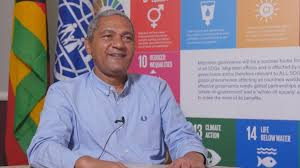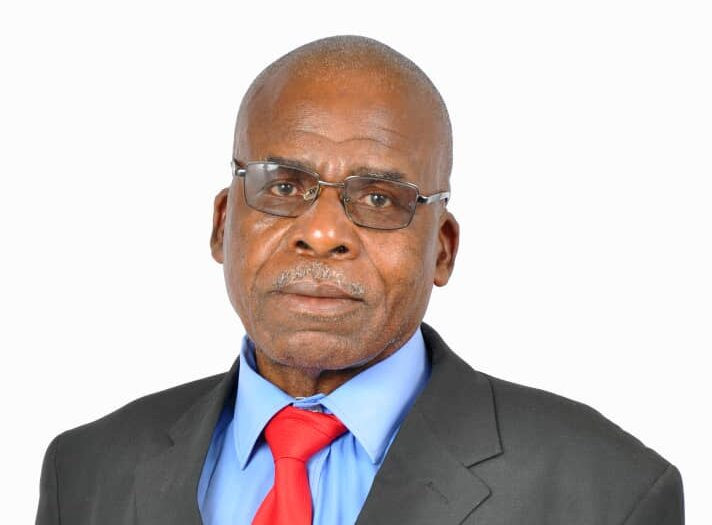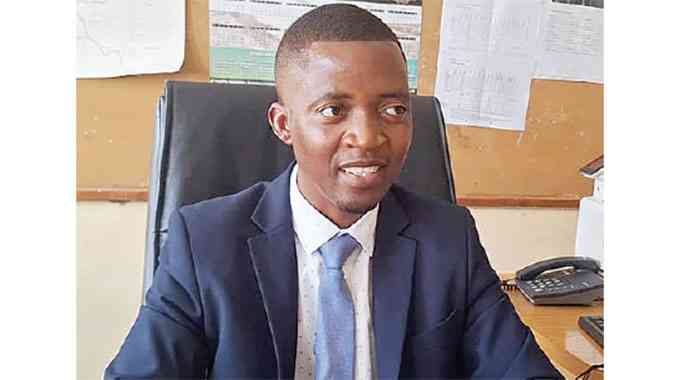
The International Organisation for Migration (IOM) Zimbabwe has called for strengthened preparedness, early action, and inclusive disaster management systems to protect vulnerable populations, especially people on the move.
IOM officials said this during the International Day for Disaster Risk Reduction (IDDRR) commemorations held in Tsholotsho last Friday.
The commemorations, held under the global theme Fighting Inequality for a Resilient Future, brought together stakeholders from the Civil Protection Department (CPD), local authorities, humanitarian organisations, and community leaders.
IOM Zimbabwe chief of mission, Mario Lito Malanca, stressed the urgency of proactive disaster risk reduction in the face of climate change.
“Disasters do not wait, and preparedness cannot be postponed,” Malanca said.
“Communities that are prepared recover faster and suffer less loss.
“We must build systems that anticipate risks rather than react to them.”
Malanca highlighted the importance of inclusion, noting that migrants and displaced persons often face the greatest risks.
- EU injects €1m to enhance Zim community-based surveillance
- IOM Zimbabwe calls for stronger disaster management risk systems
- IOM Zimbabwe calls for stronger disaster management risk systems.
Keep Reading
“People on the move are among the most vulnerable when disasters strike,” he indicated.
“They may lack access to early warning systems, safe housing, or basic services.
“Our goal is to make sure that disaster preparedness plans and emergency responses leave no one behind.”
Civil Protection Department representative, Sithandazile Ncube, applauded IOM and its partners for complementing government efforts to strengthen local disaster response capacity.
“Community-based preparedness remains the cornerstone of disaster management in Zimbabwe,” Ncube said.
“When communities are empowered with knowledge, information, and early warning tools, they can make informed decisions that save lives.”
Chief Siphoso echoed similar sentiments, emphasising that traditional leadership must play an active role in early warning dissemination.
“As leaders, we must be the first to act and guide our people when disaster threatens,” the chief said.
“Partnerships with organisations like IOM help us ensure that our communities are not caught unaware.”
Community members also shared how previous disasters disrupted livelihoods, with some noting that training sessions by IOM and partners have improved local readiness.
The IDDRR, observed annually on October 13, serves as a reminder of the global responsibility to minimise the impact of natural hazards.
This year’s commemoration in Tsholotsho reaffirmed that disaster preparedness, inclusivity, and timely action remain key to safeguarding lives and livelihoods in Zimbabwe.









